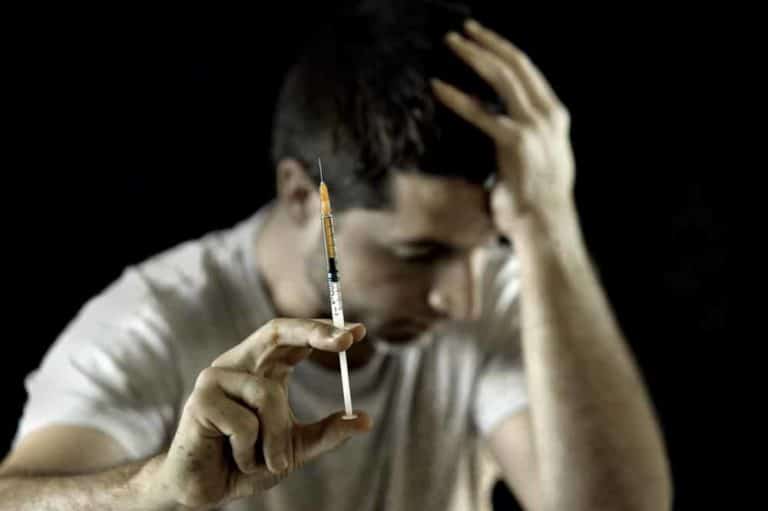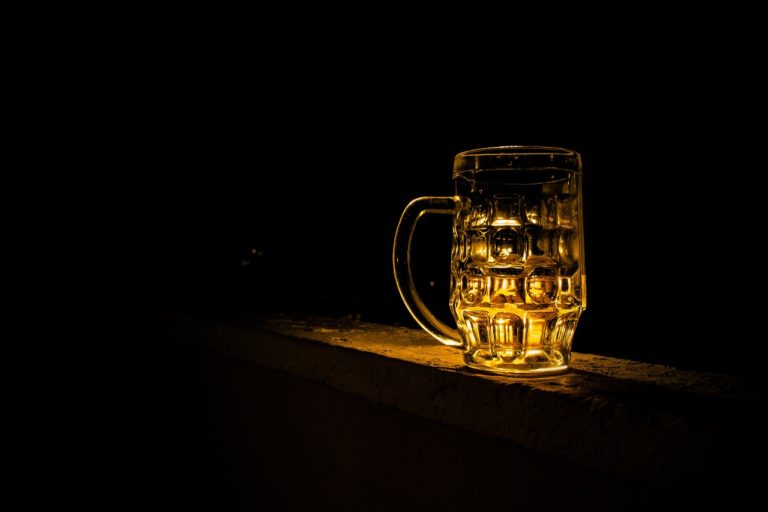If you or someone you love has suffered from drug or alcohol addiction, you may be familiar with substance abuse treatment and the term “dual diagnosis program.” Drug and alcohol addiction treatment centers come in many forms, all with different specialties and focuses. For addicts and alcoholics who suffer from a co-occurring issue, such as an eating disorder or mood disorder like depression, a dual diagnosis program is usually the best option for getting help.
What is a Dual Diagnosis Program?
It’s obvious that when someone seeks help for a substance addiction, the focus of whatever treatment center they select is going to be helping the individual to stop using drugs and alcohol. However, many people who suffer from substance use disorder also suffer from what’s called a “co-occurring disorder.” A co-occurring disorder is any mental or behavioral disorder that affects someone’s ability to function normally. This can include depression, anxiety, bipolar disorder, personality disorders, an eating disorder, or a behavioral issue such as gambling or sex addiction. The purpose of a dual diagnosis program is to treat both the addiction and the co-occurring disorder, so that patients have the best chance at a full recovery.
A dual diagnosis program includes drug addiction treatment alongside psychiatric services and holistic programs that help patients to recover from both disorders. This can include medication management, biofeedback programs, mindfulness courses, and multiple other holistic treatment methods.

How a Dual Diagnosis Program Can Help
For many people who suffer from drug or alcohol addiction, a co-occurring disorder is heavily intertwined with their substance abuse. In fact, many people begin abusing drugs and alcohol to self-medicate when they begin to experience painful symptoms of another disorder. For example, someone who suffers from untreated depression may begin drinking to numb their feelings of pain and hopelessness, and gradually become dependent on the alcohol as a result.
According to the Substance Abuse and Mental Health Services Administration (SAMHSA), 26.7% of people who suffer from mental illness also have suffer from drug or alcohol addiction. In fact, it is estimated that almost 9 million people in the United States have both a mental health disorder and a substance addiction. For many of these people, a dual diagnosis program offers the best chance at a full recovery.
In order to fully heal from addiction, someone who suffers from a dual diagnosis needs help in treating any underlying conditions that contribute to their drug or alcohol addiction. For many, these underlying conditions include depression or behavioral addictions. Treating only one disorder does a disservice to those who want to get well and lead happy, fulfilling lives. In fact, treating only the drug addiction and letting a mental health issue go unchecked can lead to a relapse for many individuals.
What Does a Dual Diagnosis Program Include?
Treatment facilities are all unique, but those that include a dual diagnosis program generally have a few things in common, no matter where they are. In addition to drug addiction treatment that usually include group and individual therapy, a dual diagnosis program should include psychiatric services and medication management. This means that patients have access to regular visits with a psychiatrist, who can diagnose mental health issues, prescribe and adjust medication, and monitor patient progress. These programs also usually have an emphasis on therapeutic methods that can help patients manage symptoms. In addition to learning relapse prevention skills, patients in a dual diagnosis program will often learn mindfulness techniques for regulating emotions and participate in holistic activities designed to help them manage their mental illness.
In addition, a dual diagnosis program may include:
- trauma resolution therapy
- yoga, , massage, and other holistic therapies
- experiential therapy that can help patients process cognitive distortions and negative life events
- mindfulness training
- biofeedback to monitor brain activity
- psychoeducation groups to help teach patients how to manage their symptoms when they are living independently
Choosing a Dual Diagnosis Program
Every individual is different, and therefore has different needs when it comes to treatment. For those people who suffer from a co-occurring disorder, however, it is absolutely essential that they receive care that treats their addiction and any contributing factors. Recovery from drug and alcohol addiction is about so much more than just abstinence from substances. It’s about embracing life in every aspect, with all the tools necessary for finding fulfillment and happiness. Those who desire recovery deserve a form of treatment that gives them the best chance at that, and for many, that means enrolling in a dual diagnosis program.






